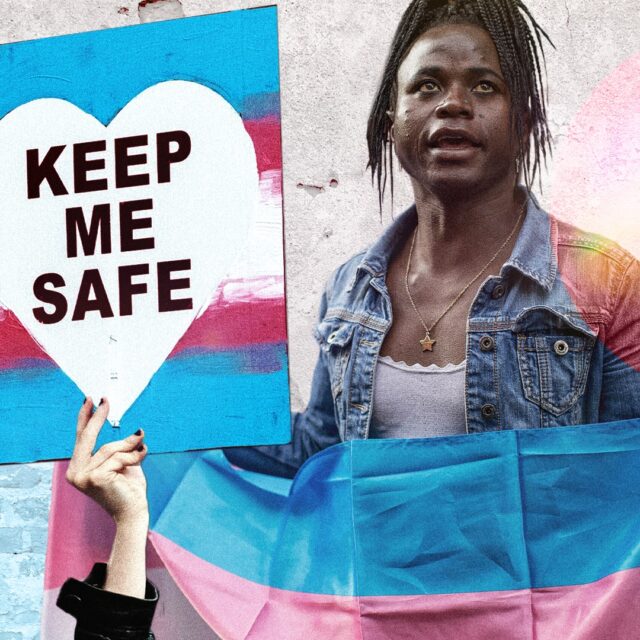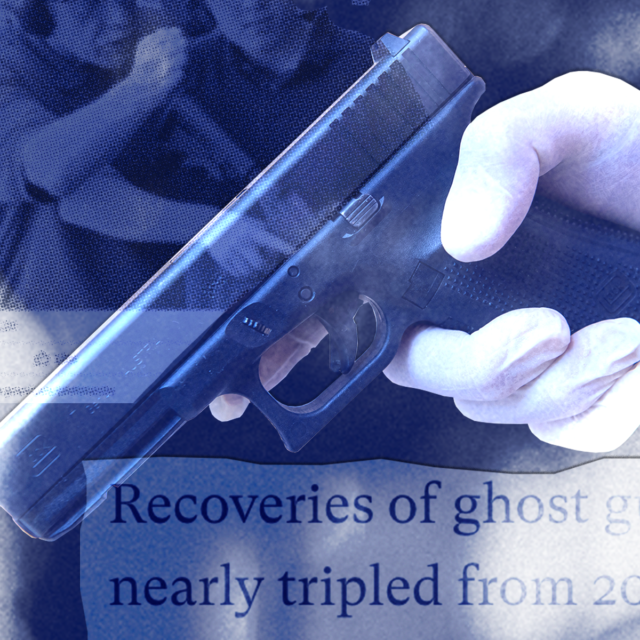Some states have such poorly administered permitting systems and record submission practices that many prohibited individuals end up receiving permits to carry.
- The quality and effectiveness of state permitting systems vary just as the standards for carrying concealed handguns in public do.
- Some states carefully track their permit-holders and revoke permits from people after they become disqualified, while other states have such poorly administered systems that they routinely issue permits to, and fail to revoke permits from, ineligible individuals.
- The result is that many people who do not qualify for a permit under the law actually end up receiving them.
A recent investigation by the Office of Inspector General in Florida found that the state failed to review federal background checks on tens of thousands of permit applicants for more than a year.
- The failure to complete the checks was due to an employee who could not log into the background check system, a failure the inspector general found to be negligent.
- During this period of February 2016 to March 2017, the state issued permits in 365 cases where there was a positive hit in a background check database.
- According to the Commissioner of the permit-issuing agency, permits were issued to at least 291 ineligible people because of the background check failure.
The recent failure in Florida was not the first time the state’s permit system failed.
- A 2012 internal investigation found that 48 employees of the permit-issuing agency erred when issuing concealed carry permits and other types of firearm permits, including an employee who approved almost 100 concealed carry permit applications that were never viewed and whose error rate was almost 13% of the more than 28,000 firearm permits processed.
- Individuals licensed by Florida in the first half of 2006 included more than 1,400 offenders who had pled guilty or no contest to felonies, more than 200 people with outstanding warrants, and more than 100 people under domestic violence restraining orders.
There is ample evidence that ineligible persons can and do obtain permits from poor-performing states across the country.
- In North Carolina, over a five-year period, 2,400 permit holders were convicted of crimes, and authorities failed to revoke or suspend the permit of roughly half of the felons – including murderers, rapists, and kidnappers.
- The Memphis Commercial Appeal reported that Tennessee gave concealed carry permits to convicted felons as a result of poor information sharing among state agencies.
- Many criminal convictions of permit holders go unreported in Michigan—and offenders’ permits are not revoked. Between 2006 and 2010, nearly 1,000 charges were filed against permit holders, but issuers never followed up on 70 percent of those charges. As a result, officials took no action to revoke permits from 700 Michiganders who were convicted of crimes like assault and battery and home invasion.
- When asked whether Georgia concealed carry permit holders ever break the law, a Georgia Bureau of Investigation spokesperson said, “Nobody knows. The state of Georgia doesn’t track it. I don’t know of any way to prove they are law-abiding or disprove it, because there’s no record to say one way or the other.”
- The Indianapolis Star investigated hundreds of individuals in Indiana who received permits despite often lengthy criminal records. Among those were a man who “pressed the barrel of a loaded handgun into the chest of a woman holding her 1-year-old son,” another whose “handgun was confiscated by police three times—twice for shooting in public,” and a third man who had been arrested for “dealing crack cocaine and…beating his girlfriend.”
Under “concealed carry reciprocity,” bad permitting practices in any single state would enable ineligible individuals with permits to carry concealed handguns across the country.
- “Concealed carry reciprocity” would force each state to allow concealed carry by people from states with poorly administered systems.
- States would be effectively unable to stop these people from carrying hidden, loaded guns within their borders.
- No state should be forced to accept another state’s concealed carry standards, let alone honor the permits of a state that cannot or has not reliably administered its permit program.
Everytown Research & Policy is a program of Everytown for Gun Safety Support Fund, an independent, non-partisan organization dedicated to understanding and reducing gun violence. Everytown Research & Policy works to do so by conducting methodologically rigorous research, supporting evidence-based policies, and communicating this knowledge to the American public.




